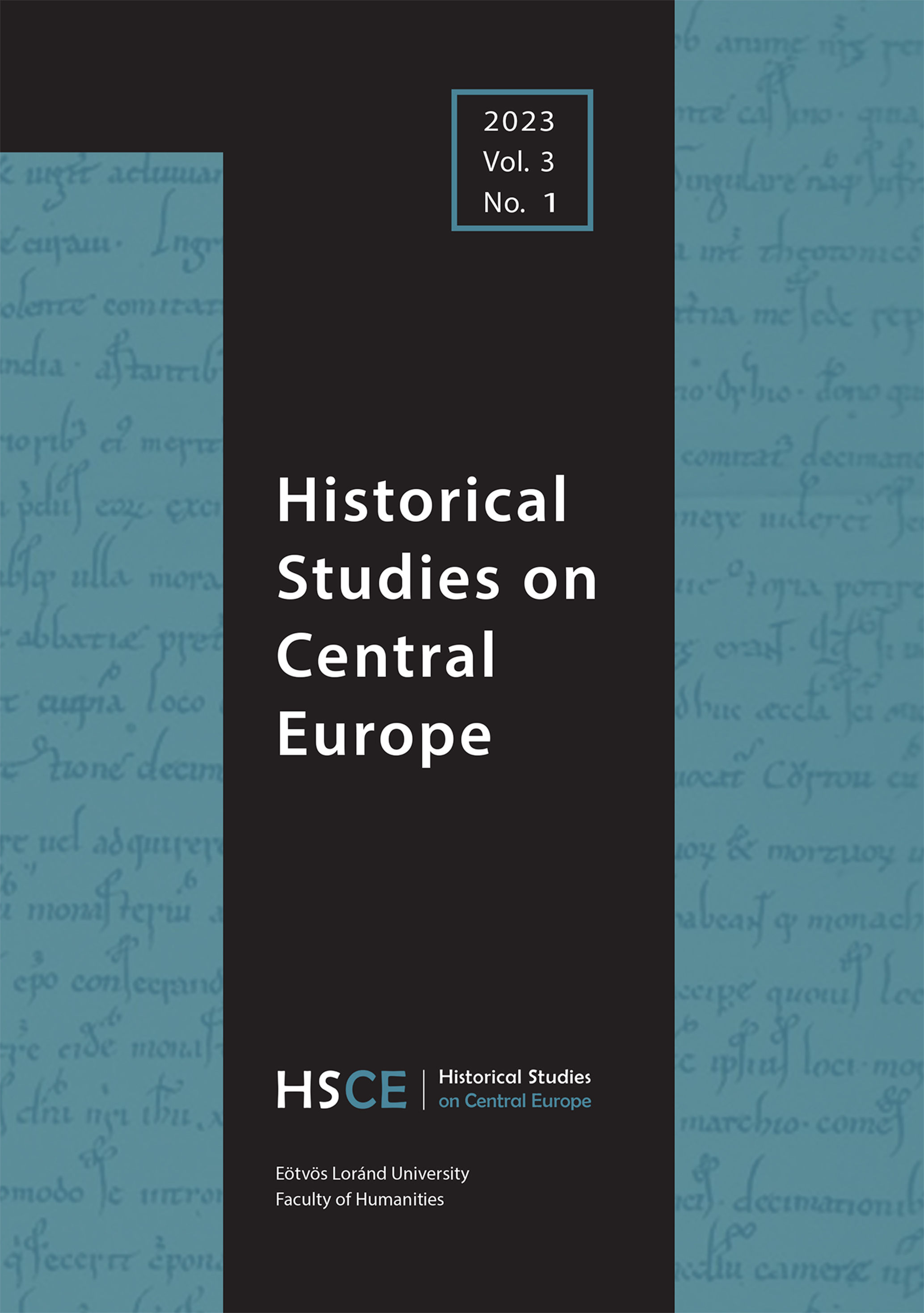Published 31-07-2023
Keywords
- World War I, Hungary, children, games, toys, education
How to Cite
Copyright (c) 2023 Boldizsár Vörös

This work is licensed under a Creative Commons Attribution-NonCommercial 4.0 International License.
Abstract
Children’s games are accurate reflections of a community’s culture with its values, norms and expectations. The Hungarian games of the World War I period were also such expressions both in regard to children’s play activities (which they were able to pursue without toys, with toys they made themselves, or with those produced by official manufacturers) and the products of toy manufacturing companies. In this study, numerous games (for example, group battles, board games produced by manufacturers and put into commercial circulation, etc.) are discussed and analysed. At the same time, the various views on games by pedagogical experts and contributors to children’s magazines published at the time are also discussed. My research has revealed that not only do these games demonstrate some peculiarities of the World War I (for example, the war’s impact upon the most diverse areas of life) but that the War itself brought into prominence certain features of such games and carried into effect their latent possibilities (for example, war games becoming especially brutal). Beyond the scope of research on games and toys, on a more general note this study shows that cultural phenomena can react to radical historical changes.

